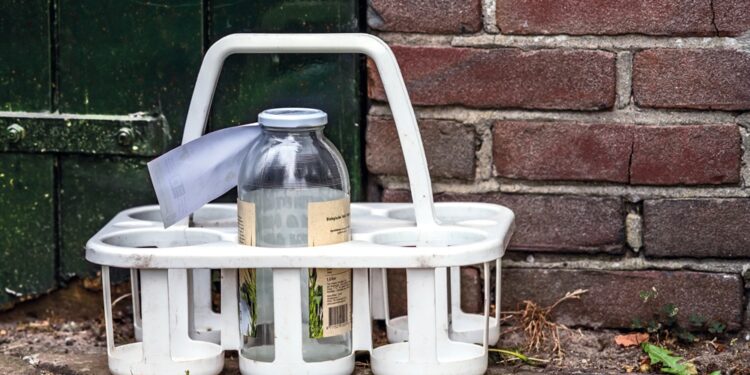Reuse is a practical way to extend the lifespan and value of products and materials.
When we Rethink and learn to Refuse things that harm us and the environment, and at the same time learn to save and Reduce the amount of waste we generate, we will easily adapt to Reuse objects / materials we primarily intended to throw away.
Instead of immediately throwing away something we don’t need, we should consider whether we can reuse it or find it a new use.
| Examples of Reuse in everyday life | Description | |
| 1 | Reusing glass jars | Using jars of honey and other jars for storing other products |
| 2 | Reusing bags | Plastic or cloth bags for multiple uses |
| 3 | Repurposing old clothes | Cutting up old clothes for cloths, dusting rags or DIY projects |
| 4 | Using both sides of paper | For drafts, homework or lists |
| 5 | Selling or donating used items | Through fairs, online platforms, humanitarian actions |
| 6 | Using old electronics | Old phones as alarms, music players or spare devices |
| 7 | Reusing food containers | Plastic and metal containers for food packaging |
But not only in everyday life, many business sectors within their operations can reuse the resources they use.
| Examples of Reuse in businesses | Description | |
| 1 | Refilling printer ink | Instead of buying new cartridges, refill systems are used |
| 2 | Reusing packaging | Plastic or wooden pallets, containers and boxes from suppliers |
| 3 | Washing and reusing dishes | In catering – glasses, bottles, dishes instead of single-use ones |
| 4 | Repurposing old office equipment | Reallocating furniture or IT equipment to other sectors |
| 5 | Donating surplus equipment | For non-profit organizations, schools or public institutions |
| 6 | Reusing construction materials | Bricks, concrete, metal and wood from old buildings |
| 7 | Closed water systems | Industrial water that is filtered and reused |
This approach reduces the amount of waste and increases environmental awareness and is an important step in implementing the principles of circular economy.
Translated by: N. Cvetkovska
This content is part of the GREEN CIVIL project “Give Me Five!”, carried out within the framework of the Western Balkans Circular Economy Week (May 26 – June 1, 2025), under the motto “From Local Fixes to Regional Impact.”
The initiative is implemented by the regional network LogEx, of which CIVIL is a member. The network was launched by the respected Kosovo-based think tank The Balkan Forum, with the generous support of the Rockefeller Brothers Fund (USA).








